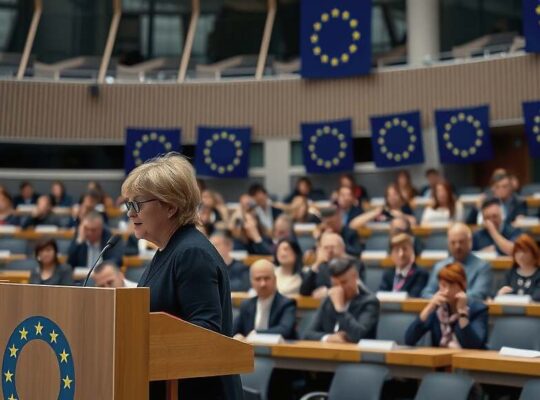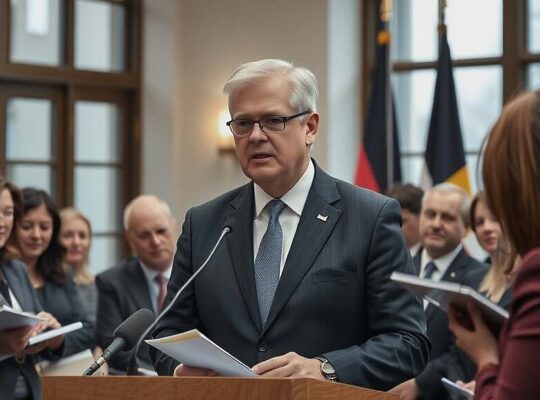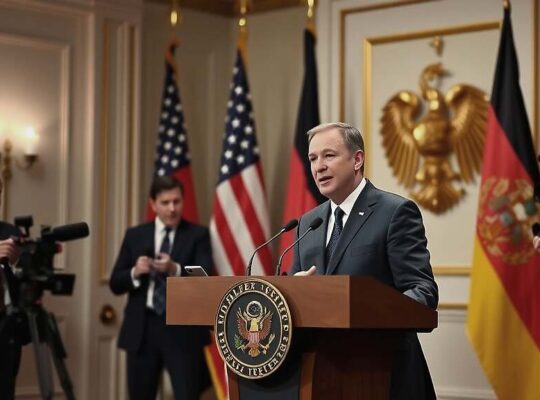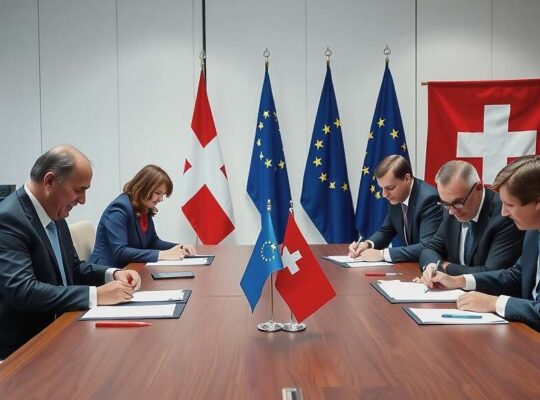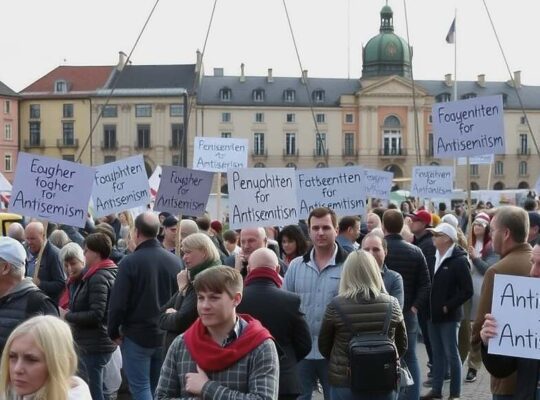Public Approval Signals Growing Discomfort with Government Policies, Reveals New Poll
A recently released survey conducted by Forsa for RTL and ntv indicates a significant level of public endorsement for recent government policy adjustments, alongside a burgeoning sentiment challenging core tenets of the nation’s climate agenda. The poll, based on responses from 1,008 individuals collected between October 10th and 13th, 2025, underscores a potential divergence between the ruling coalition’s direction and the broader public mood.
The most striking finding revolves around the tightening of regulations governing unemployment benefits, known as “Bürgergeld”. A resounding 74% of respondents expressed approval for the new rules, which mandate substantial cuts to basic income support for those repeatedly missing appointments with job centers. This approval cuts across traditional political divides, with support notably high among CDU/CSU (89%) and AfD (91%) voters. Even within the governing SPD, a majority (73%) supports the measure, raising questions about the party’s internal consensus on welfare reform. Only those who identify with the Green Party and Die Linke demonstrate substantial opposition. Critics argue that the policy represents a punitive approach to unemployment, potentially exacerbating hardship and overlooking systemic barriers to employment.
Perhaps even more revealing is the widespread public desire to overturn the European Union’s planned ban on new combustion engine vehicles from 2035. A majority – 63% – now favor reversing the ban, highlighting concerns about its economic and social implications. This stance is particularly pronounced among supporters of CDU/CSU (70%), SPD (57%) and AfD (93%), suggesting a growing backlash against the perceived imposition of costly and potentially disruptive green technology. The fervent backing for maintaining the ban remains largely confined to the Green Party (86%) and Die Linke (57%), creating a potential chasm between environmental advocates and a broader electorate increasingly anxious about affordability and individual choice.
The results expose a potentially precarious position for the government. While the policy on unemployment benefits enjoys broad support, the reversal of public sentiment regarding the combustion engine ban signals a deeper unease with the implementation of ambitious environmental targets, potentially threatening future climate policy initiatives. The poll data raises critical questions about the government’s ability to navigate competing societal priorities and maintain public trust while pursuing its legislative agenda. Further observation will be necessary to ascertain whether these trends represent a fleeting sentiment or signify a lasting shift in public opinion.




